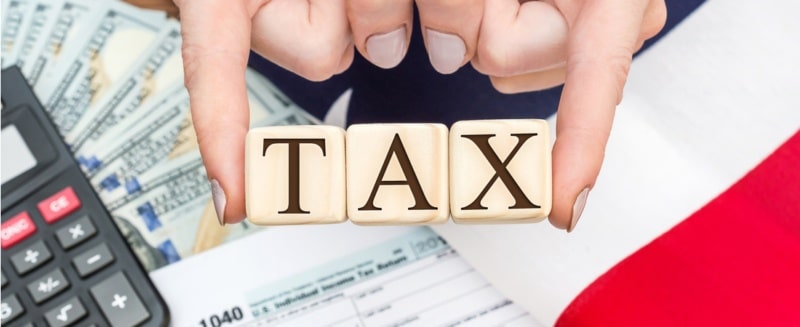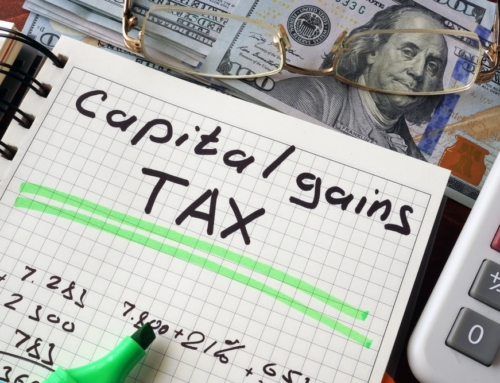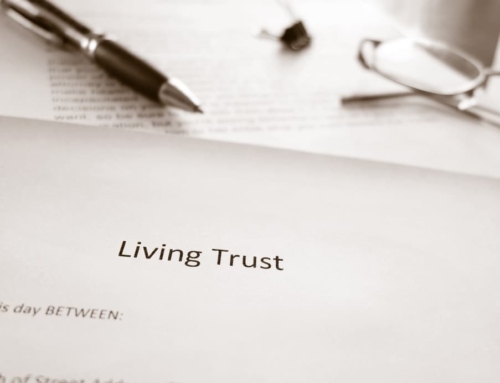“How long should I keep my tax paperwork?”
This is a tax question people ask me regularly, often while they are pleading to be released from the towering burden of mounds and mounds of tax records. It’s probably not practical to store the paperwork forever, but you know my “rule of records”: the minute you get rid of it, you will need it.
Here’s the minimum amount of tax paperwork you should keep:
Tax returns. Keep your federal and state returns forever, along with any other types of tax filings—gift, estate, excise, payroll, etc. Why? Because government agencies have a nasty habit of losing information. Too often, people write to me saying their state or the IRS claims they never filed a tax return for some long-ago year—and they no longer have the records to prove the return was filed.
You should also keep forever a copy of the cancelled check or refund check you received. You can print out the electronic receipts for tax payments and store them with your tax returns as proof of filing as well.
Asset purchases. These purchases include real estate, securities, and investments. Keep the records for as long as you own each asset, plus at least six years after selling. Generally, the IRS can audit you for up to three years after you file a tax return, but when you have a major understatement of income (or excess expenses), it can go back six years. Keep all the purchase and improvement documents just in case there’s ever a misunderstanding.
Insurance coverage. No matter what kind of insurance, keep the binder and full policy description for as long as you have the coverage, plus an additional couple of years. This is to cover you in case you discover a problem or need to file a claim for something that happened earlier. You might still have a window of opportunity to file the claim.
Receipts to support tax deductions or credits. Keep these for at least four years. Your state may have a longer time frame for audits than the IRS does, so find out your state’s limits before you throw anything away.
IRA and retirement contributions. Keep records for all contributions until you cash out the IRA, plus at least an additional five years. In particular, keep information about after-tax deposits into your accounts. You don’t want to have to pay taxes on money that was already taxed.
Loans (from you or to you). Keep the loan documents, terms, and proof of payments until the loan is paid off, plus an additional four or five years. These documents may help you with a lender who comes along claiming you didn’t pay, and they can also help prove how much of your payments were interest or principal. Additionally, if you learn the lender still has a lien on your property, these documents can help you remove it.
Wills, trusts, lists of assets, and liabilities. Keep these items forever. Obviously your heirs will need these documents upon death, but you may also need them at some point in order to establish ownership or basis.
All other paperwork. Use logic. If the document may have a long-term function, keep it long term. Otherwise, it’s enough to keep it for four or five years.
Incidentally, you may find it easier to scan all of your tax returns and records and save them that way. Just make sure you use a medium that can be opened and ready 10 or 20 years from now when you need the data. As data formats change—remember, floppy disks aren’t the go-to storage device that they once were—be sure to update your storage system. And always keep an extra copy somewhere safe.
Eva Rosenberg, EA is the publisher of TaxMama.com ®, where your tax questions are answered. She is the author of several books and ebooks, including Small Business Taxes Made Easy. Eva teaches a tax pro course at IRSExams.com and tax courses you might enjoy at http://www.cpelink.com/teamtaxmama.
[amazon_link asins=’1524763438,B07881JDY9,B01CP35K1I,B071KSQ13C’ template=’ProductCarousel’ store=’thinkglink-20′ marketplace=’US’ link_id=’c20cfb05-158e-11e8-ac04-91fd73da79f1′]






